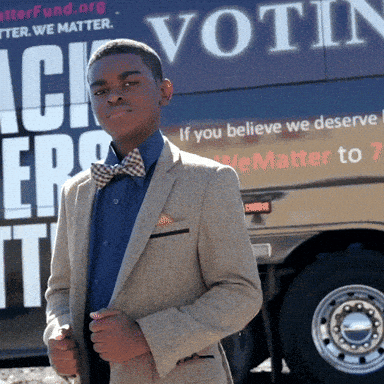- BlackVoter.Org
- Posts
- BLACKVOTER.ORG
BLACKVOTER.ORG
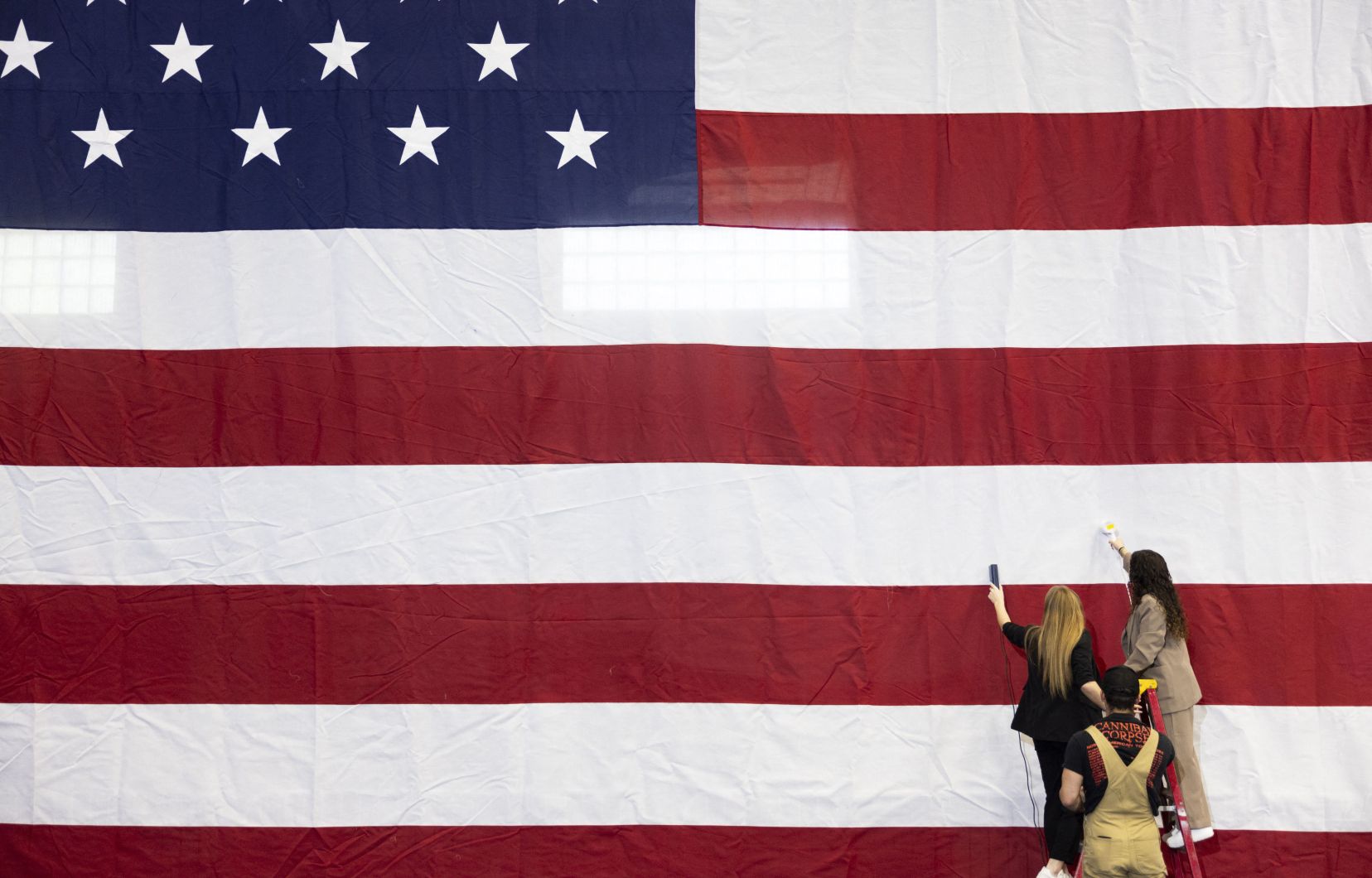
As the U.S.
presidential election approaches, undecided voters are becoming the ultimate swing group, especially in key states. With just a month remaining, many are experiencing election fatigue and frustration over their options: Donald Trump and Kamala Harris.
Voters like Lisa from Pennsylvania express dread about the negativity surrounding Trump but also apprehension towards Harris’s controversial stances. Engagious, a public opinion consultancy, reveals there's still about 5% of voters who are tough to pin down, critiquing both candidates for their shortcomings.
Harris struggles with recognition and clarity on her policies, while Trump’s past makes some voters wary of his return. Many express uncertainty mixed with a desire for a better choice.
With tensions rising and fresh controversies bubbling, the road to Election Day is anything but predictable.
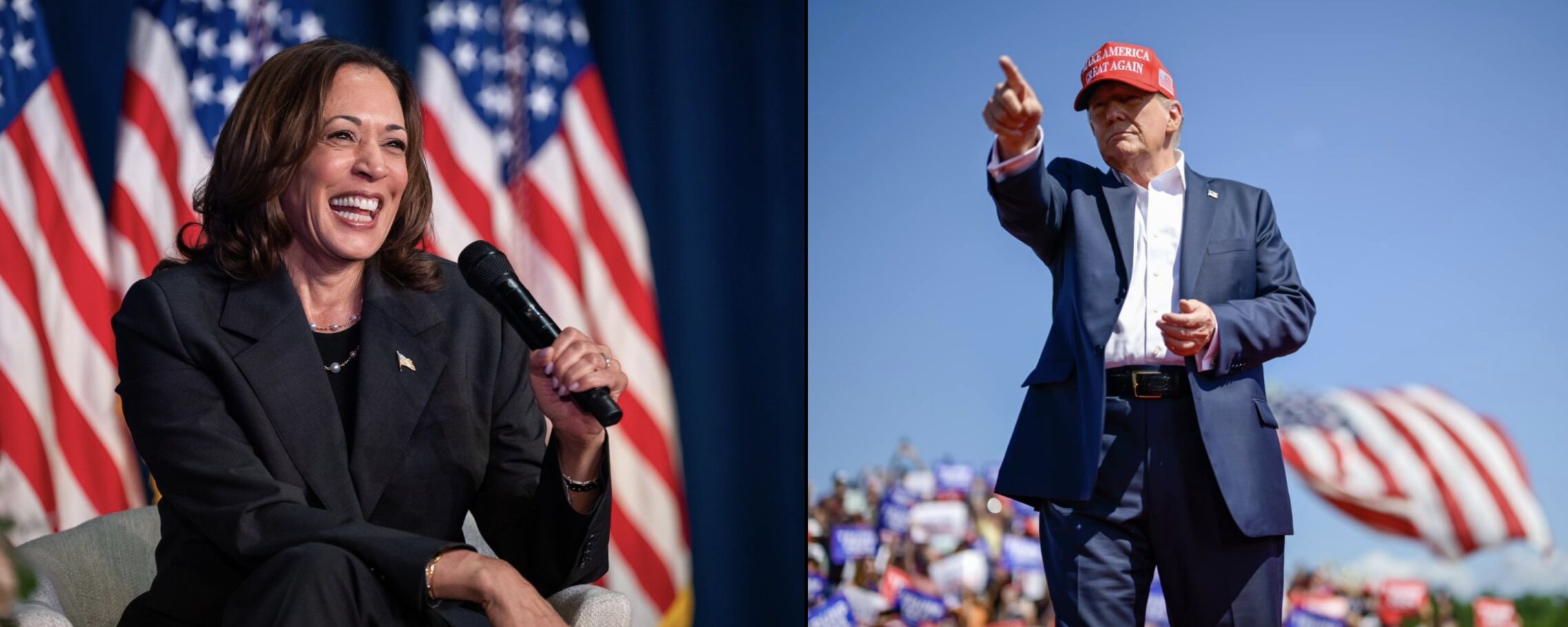
In a surprising political shift, many Arab and Muslim-American voters are departing from Vice President Kamala Harris and the Democratic Party, increasingly favoring former President Donald Trump and Green Party candidate Jill Stein. A recent survey from the Arab American Institute revealed a neck-and-neck race, with Trump leading Harris narrowly among likely voters—46% to 42%.
This decline in support comes in the wake of the Biden Administration's handling of the Israel-Hamas conflict, which has left many in the Arab-American community feeling disillusioned. In swing states like Michigan and Arizona, Stein is gaining traction over Harris, further complicating the political landscape.
The evolving sentiments among these voters signal potential shifts in crucial battleground states, as they grapple with their dissatisfaction and look for alternatives beyond the traditional Democratic loyalty. The ripple effects of recent global events are becoming increasingly evident in voter preferences as the next election approaches.
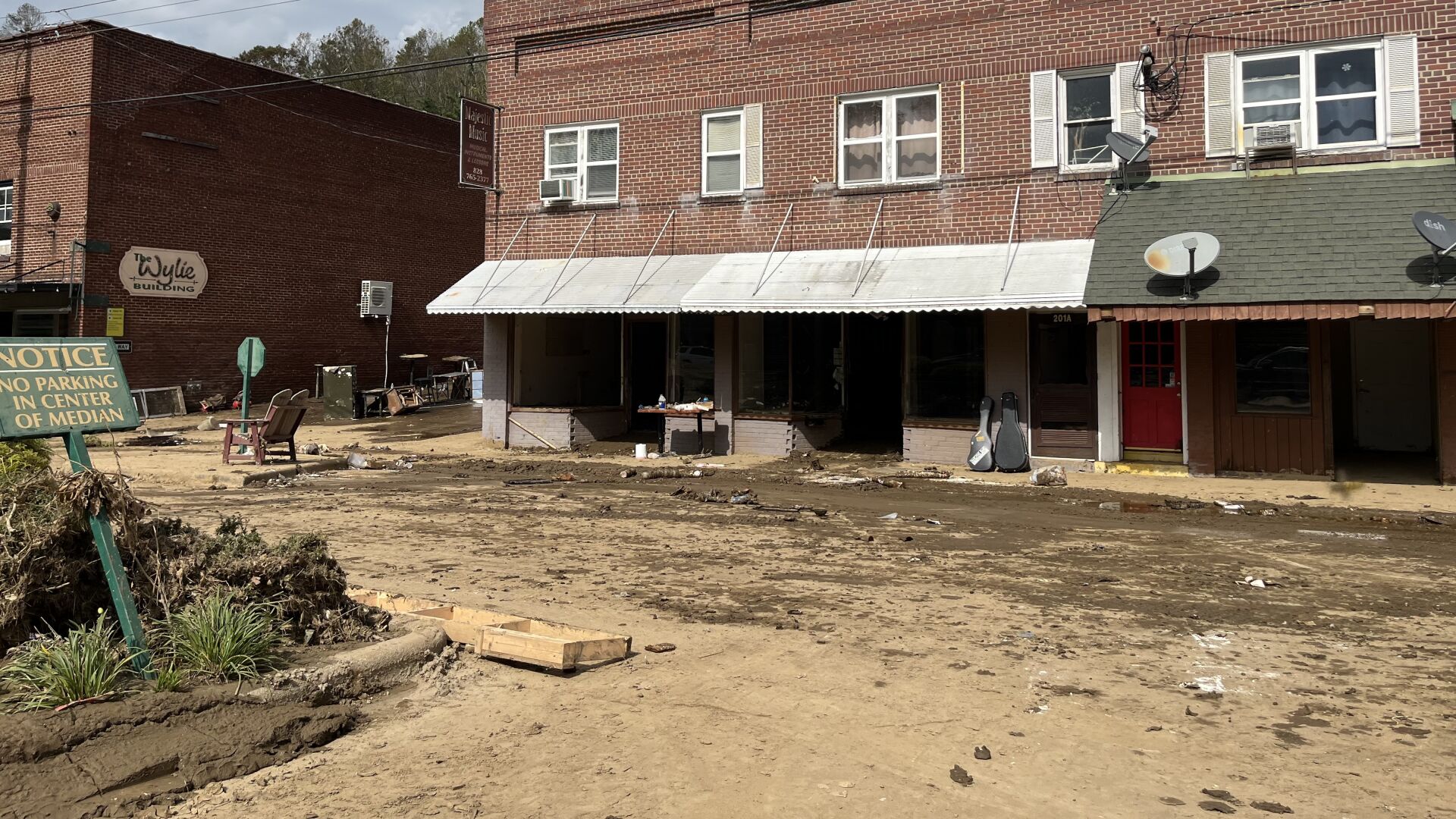
As North Carolina gears up for the upcoming elections amidst the aftermath of Hurricane Helene, urgency surrounds the voter registration deadline, set for Friday at 11:59 p.m.
But don’t fret! Early voting remains uninterrupted, with same-day registration available during this period from October 17 to November 2. Karen Brinson Bell, executive director of the State Board of Elections, assures voters that all affected counties are rolling out 75 early voting sites and that the integrity of the election process is a top priority.
Despite the storm’s devastation, teams are working hard to ensure essential resources like portable restrooms and generators are in place for voters. With a focus on accessibility and security, North Carolinians are encouraged to track their mail-in ballots for peace of mind.
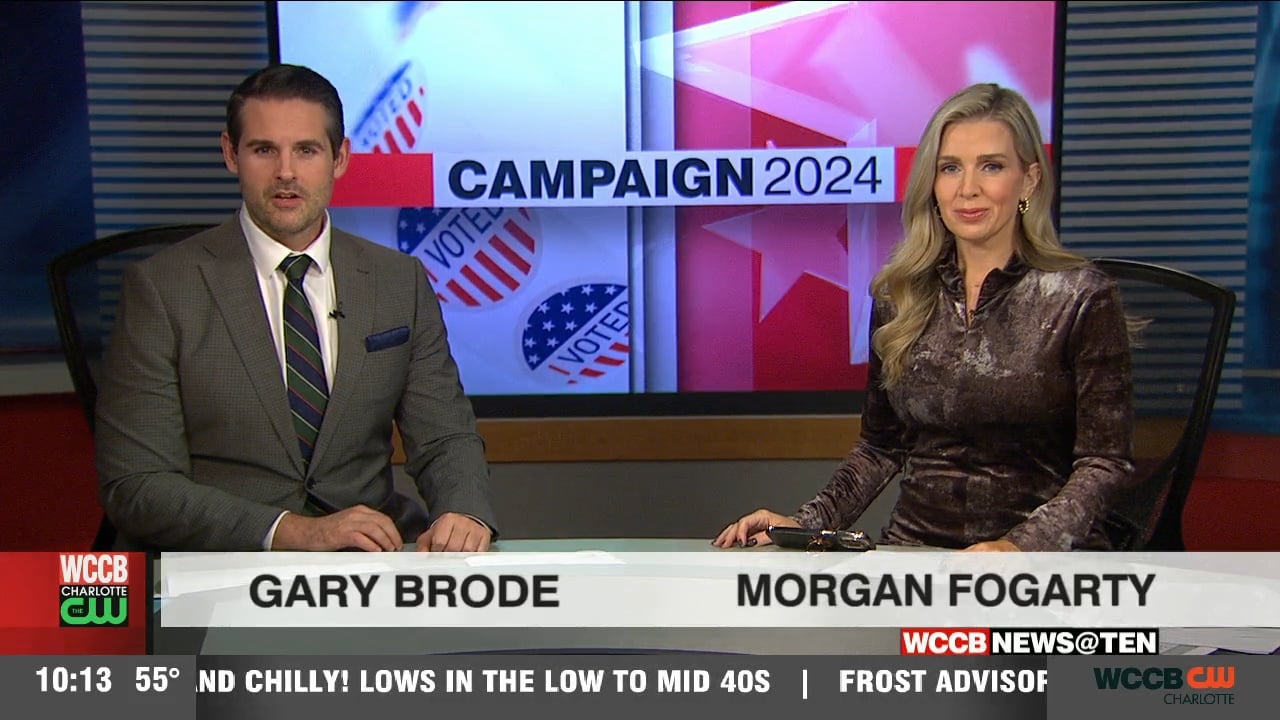
High Black voter turnout in North Carolina could play a pivotal role in the upcoming elections, especially as the state remains a key battleground. With 1.
5 million registered Black voters—the representation making up about 20% of the population—turnout has been the challenge, with only 68% voting in 2020. Political experts highlight the influence of candidate enthusiasm on Black voter participation, noting that when engaged, Black voters often swing Democratic.
Caleb Theodros, a State Senate candidate, emphasizes the importance of reaching out to underrepresented communities within the Black electorate, focusing on pressing issues like affordable housing, crime, and healthcare. Recent trends indicate a resurgence in voter registration, sparking optimism about potential turnout and its impact on North Carolina's political landscape.
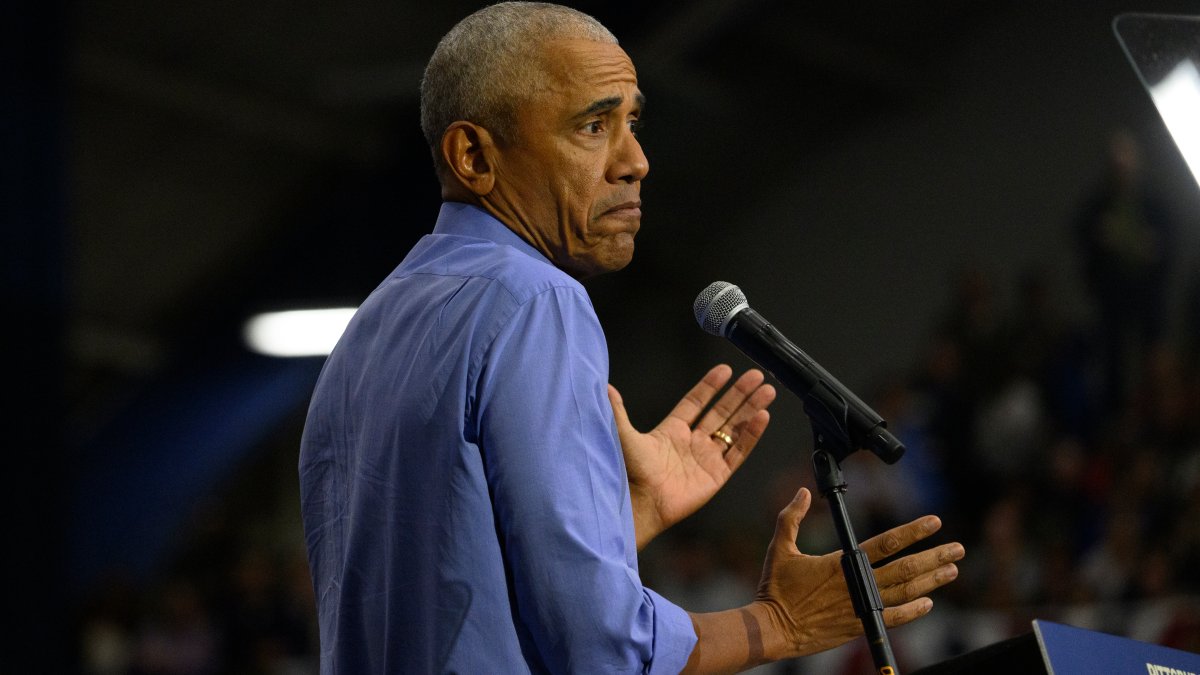
Former President Barack Obama recently took the stage in Pittsburgh, urging Black men to rally behind Kamala Harris in the upcoming election. He addressed reports of dwindling enthusiasm and encouraged men to reconsider their support for candidates with histories of undermining them.
In a passionate appeal, Obama stated, “Putting women down? That’s not acceptable.” With less than four weeks until Election Day, he painted Joe Biden’s running mate as a champion for those in need, countering Donald Trump’s leadership style as “not real strength.
" Obama showcased his humor while critiquing Trump, likening his campaign antics to a bizarre infomercial. He underscored the significance of Harris's potential presidency as a historic moment for the nation.
As a seasoned voice for the Democratic Party, Obama’s presence aims to invigorate voters and drive home the message that choosing Harris is a pivotal step towards progress and empowerment.
.jpg)
In the lead-up to the 2024 presidential election, Americans are increasingly considering foreign policy issues as they weigh their voting options. A recent Carnegie Endowment survey highlights that undecided minority voters are particularly focused on topics like immigration at the U.
S.-Mexico border and climate change.
Among all respondents, the economy remains the top priority, but concerns about global conflicts—like the Israel-Hamas war and relations with China—are gaining traction. Notably, Black voters prioritize climate change, while Hispanic and White voters emphasize border immigration more heavily.
With both candidates, Kamala Harris and Donald Trump, lacking majority confidence on foreign policy, this undecided demographic could ultimately sway the election. The findings suggest a complex interplay of domestic and international issues that candidates will need to navigate carefully as they seek to engage and reassure voters in the closing weeks of their campaigns.

Former President Barack Obama recently spoke candidly at a rally for Vice President Kamala Harris in Pittsburgh, admitting that her campaign lacks the “energy” of his own presidential run. Highlighting a troubling trend, he noted that many black men are hesitant to support Harris—often citing her gender as a barrier.
Obama suggested that some men might prefer supporting former President Donald Trump, reflecting a misguided notion that aggressive behavior equates to strength. With the impending election, Obama argued that it’s crucial for black men to reject Trump’s divisive rhetoric and embrace leaders like Harris who genuinely care about their communities.
Amid shifting political sentiments and rising support for Trump within black demographics, Obama’s impassioned plea aims to invigorate support for Harris as she gears up for a challenging campaign. He emphasized the importance of real strength, opposing the notion that denigrating women is a sign of masculinity.
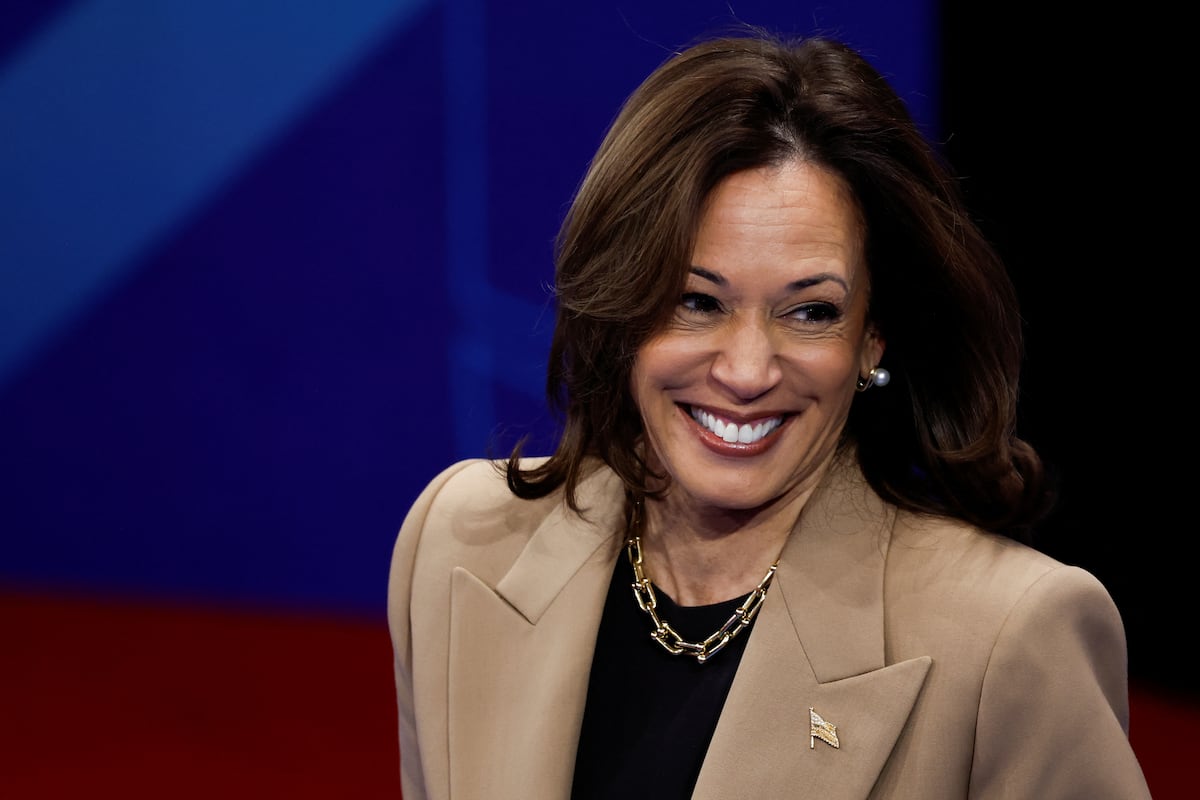
In a spirited push for the 2024 presidential election, Kamala Harris is ramping up efforts to connect with Latino voters. At a recent town hall in Las Vegas, she engaged with a diverse audience, addressing personal concerns and championing a comprehensive immigration reform while navigating tough questions, including how to highlight positive traits in her Republican opponent, Donald Trump.
Meanwhile, Barack Obama is back on the campaign trail, rallying support among African American men, a demographic whose enthusiasm for Harris has wavered. Obama, an iconic figure in the Democratic Party, urged voters to recognize the stakes of the election, contrasting Harris's background and experiences with Trump’s divisive politics.
As both candidates aim to galvanize support in critical states, the pressure mounts to rally their bases and secure a strong turnout ahead of the November elections. The battle for votes is intensifying as both candidates showcase their unique narratives and visions for America.

In a recent article, the Financial Times explores the changing dynamics of political allegiance among ethnic minority voters, particularly within the context of the left's waning influence. It discusses how traditional support for leftist parties is being challenged, raising questions about the future of political strategies as they navigate a more diverse electorate.
The narrative highlights the urgent need for the left to adapt and reconnect with these communities to maintain relevance in the political landscape. With key figures emphasizing the importance of inclusivity and understanding, it presents a timely reflection on how evolving identities and priorities could reshape party politics in the coming years.
The piece serves as a wake-up call for political leaders to listen, engage, and respond to the complex needs of ethnic minority voters if they wish to secure their support in future elections.
The Democratic National Committee (DNC) is making history with a bold six-figure ad campaign aimed at engaging over one million LGBTQ+ voters in crucial battleground states. Launching the ‘I Will Vote’ initiative, this campaign marks the DNC's first dedicated outreach to LGBTQ+ media, showing a commitment to amplifying diverse voices in the electoral process.
DNC Chair Jaime Harrison emphasized the importance of this community, reminding voters that their rights are very much at stake this November. Additionally, the DNC is partnering with local LGBTQ+ businesses and publications to ensure their messages reach voters where it matters most.
With events like the Harris-Walz campaign’s 10 Days of Action, the DNC is not holding back in its efforts to boost turnout and secure victories across the board—proving that every vote counts! This initiative is a celebration of inclusivity and empowerment, urging all voters to make their voices heard.

Get ready, Oberlin! The November 5, 2024, election is right around the corner, and voters will have the chance to make their voices heard on key races, including the presidential election and various local positions. This handy voter guide covers everything you need to know, from ID requirements to down-ballot candidates.
Ohio's political landscape will feature familiar names like incumbent Senator Sherrod Brown (D) and challenger Bernie Moreno (R), alongside local legislative races. Voters will also decide on important issues, such as an amendment to curb gerrymandering and two tax levies aimed at supporting mental health services and children's welfare.
Whether you're an Oberlin student or a seasoned resident, this guide helps navigate your voting journey.

